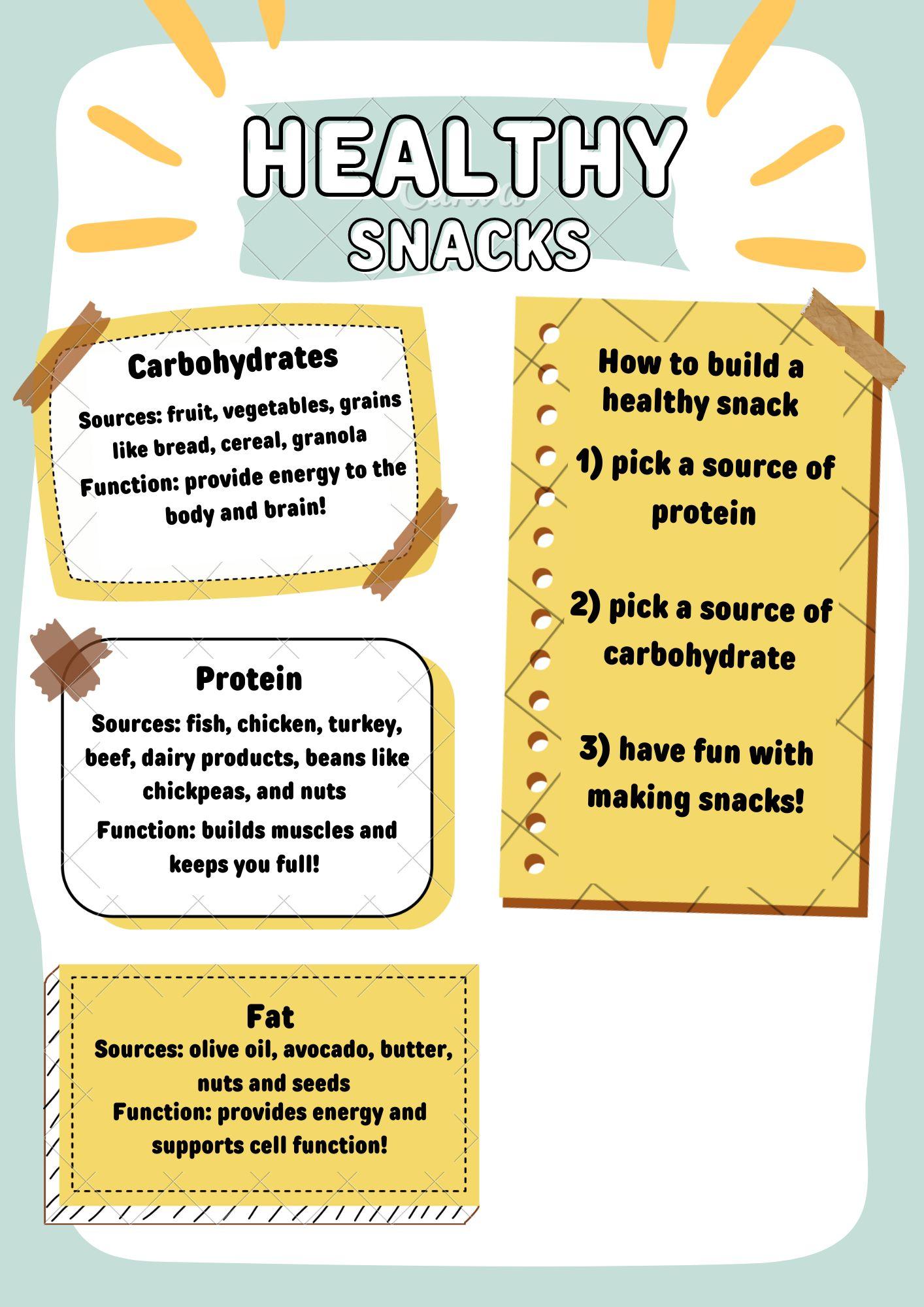Building a balanced diet for lean muscle is not just about lifting weights and counting calories—it’s about fueling your body with the right nutrients to optimize performance and recovery. In the quest for a leaner, more muscular physique, understanding the science of nutrition is as crucial as any workout regimen. This guide will equip you with the essential knowledge and practical steps to design a diet that supports muscle growth while maintaining overall health. From macronutrient ratios to meal timing, we’ll break down the key components of a diet that not only complements your fitness goals but also enhances your energy levels and boosts your well-being. Get ready to transform your approach to eating and achieve the results you’ve been striving for.
Understanding Macronutrients for Muscle Growth
When crafting a diet aimed at muscle growth, it’s essential to focus on the three primary macronutrients: proteins, carbohydrates, and fats. Each plays a unique role in muscle development and energy provision. Proteins are the building blocks of muscle tissue, facilitating repair and growth. Ensure you’re consuming high-quality sources like chicken, fish, beans, and tofu. Carbohydrates serve as the body’s main energy source, fueling workouts and recovery. Opt for complex carbs such as whole grains, vegetables, and fruits to maintain energy levels. Lastly, fats are crucial for hormone production, including testosterone, which plays a significant role in muscle growth. Include healthy fats from sources like avocados, nuts, and olive oil in your diet.
- Proteins: Aim for 1.6 to 2.2 grams per kilogram of body weight per day.
- Carbohydrates: Consider 3 to 7 grams per kilogram of body weight, adjusted based on activity level.
- Fats: Ensure fats make up about 20-35% of your total daily calorie intake.
Balancing these macronutrients correctly can enhance muscle growth while minimizing fat gain. Tailor your intake based on your specific goals, body composition, and activity level to maximize your muscle-building potential.

Crafting a Meal Plan for Optimal Protein Intake
To achieve lean muscle growth, it’s crucial to tailor your meal plan around foods rich in protein while maintaining a balance with other essential nutrients. Start by identifying protein-rich foods that suit your taste and dietary preferences. Consider incorporating a variety of sources to ensure you’re getting a full spectrum of amino acids. Some excellent options include:
- Lean meats like chicken, turkey, and beef
- Fish and seafood such as salmon, tuna, and shrimp
- Plant-based proteins like lentils, chickpeas, and quinoa
- Dairy products like Greek yogurt, cottage cheese, and milk
- Eggs and egg whites
Balance these proteins with healthy fats and carbohydrates to fuel your workouts and recovery. Aim to consume a source of protein with every meal and snack, spreading your intake throughout the day to maximize muscle protein synthesis. Remember, the key is consistency and variety, so keep your meal plan dynamic and enjoyable to stick to your goals effectively.
Incorporating Healthy Fats for Sustained Energy
When crafting a diet aimed at building lean muscle, it’s crucial to include healthy fats as a source of sustained energy. These fats not only support muscle growth but also enhance nutrient absorption and hormonal balance. Aim to integrate a variety of sources into your meals:
- Avocados: Rich in monounsaturated fats, avocados are perfect for adding a creamy texture to smoothies or salads.
- Nuts and Seeds: Almonds, walnuts, chia seeds, and flaxseeds provide essential omega-3 and omega-6 fatty acids.
- Olive Oil: Use this versatile oil in cooking or as a salad dressing to harness its heart-healthy benefits.
- Fatty Fish: Salmon, mackerel, and sardines are excellent for their high content of omega-3 fatty acids, which aid in reducing inflammation and improving muscle recovery.
- Coconut Oil: Known for its medium-chain triglycerides, coconut oil can be a great energy booster when used in moderation.
Incorporating these fats in balanced proportions ensures you have the energy needed for intense workouts and muscle repair, while also supporting overall health. Remember, the key is moderation and variety to achieve the best results.
Timing Your Carbohydrate Intake for Maximum Performance
Optimizing your carbohydrate intake is crucial for achieving peak performance and building lean muscle. Consuming carbs at the right times can significantly enhance your workout results and recovery. Here’s how you can strategically time your carbs for maximum benefit:
- Pre-Workout: Fuel your body with a mix of complex carbohydrates and proteins about 1-3 hours before exercising. This combination provides a steady energy release, ensuring endurance and strength throughout your session.
- During Workout: For workouts lasting longer than an hour, consider consuming quick-digesting carbs like sports drinks or gels to maintain energy levels and delay fatigue.
- Post-Workout: Replenish glycogen stores and kickstart recovery by consuming high-glycemic carbs alongside protein within 30 minutes post-exercise. This helps repair muscle tissue and prepare your body for the next workout.
By aligning your carbohydrate intake with your training schedule, you can enhance your muscle-building efforts while maintaining energy and focus. Remember, the type and timing of carbs are just as important as the amount you consume.




